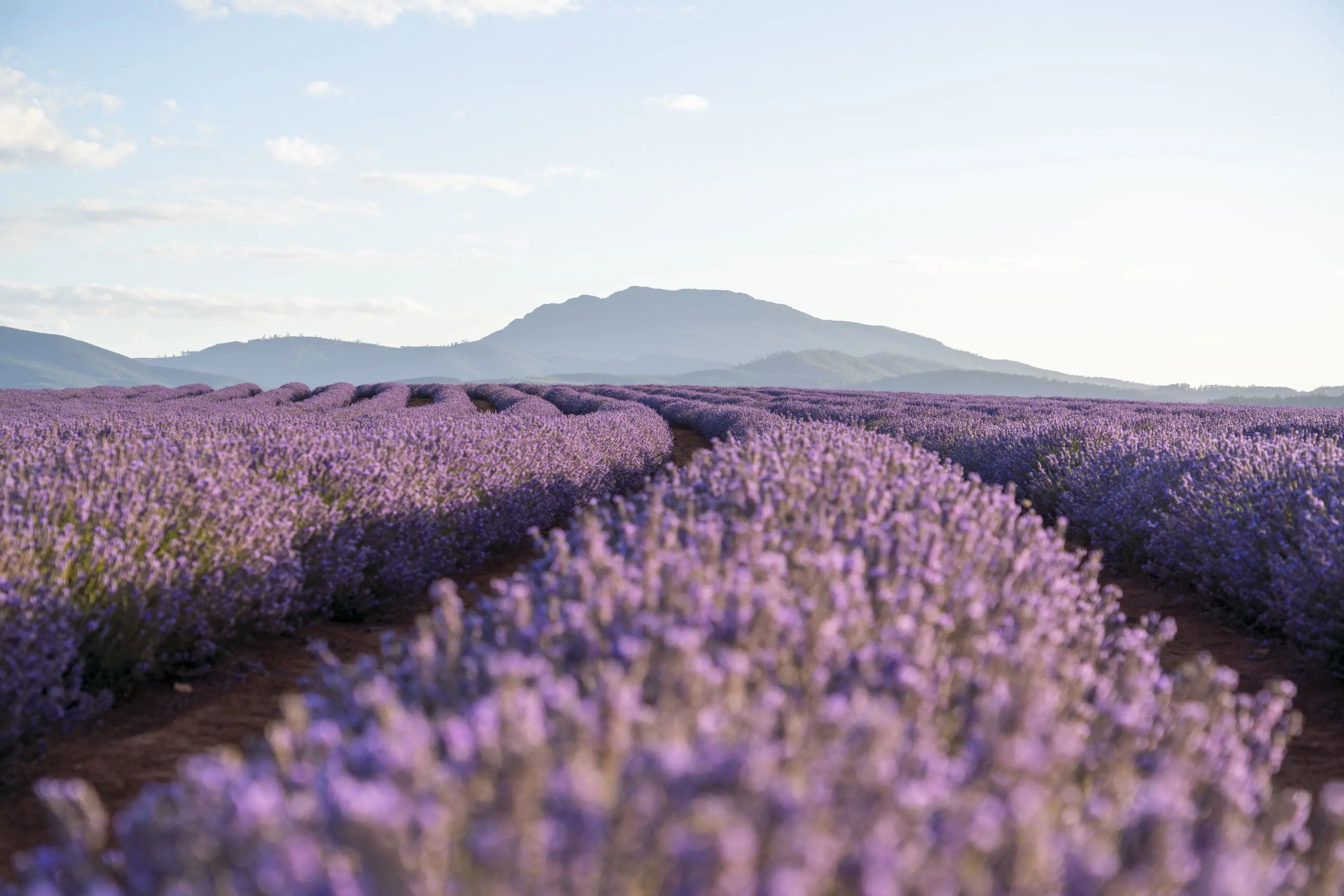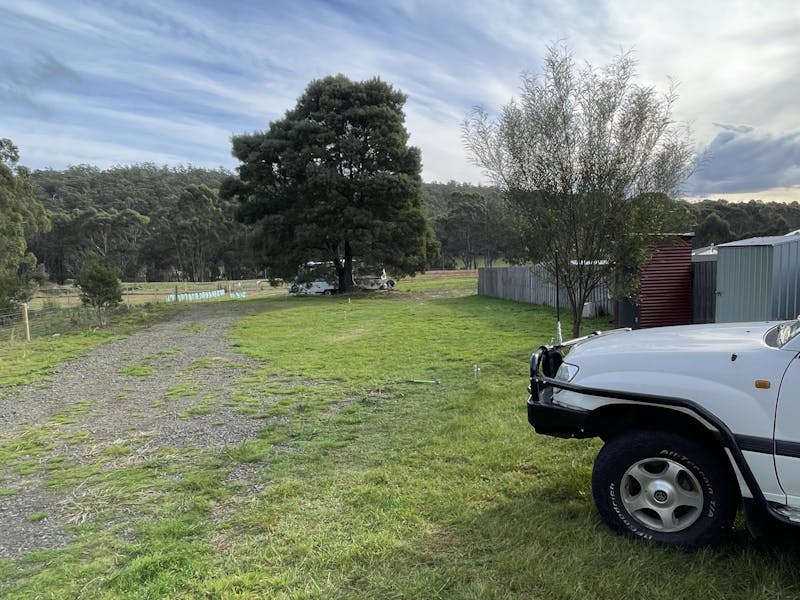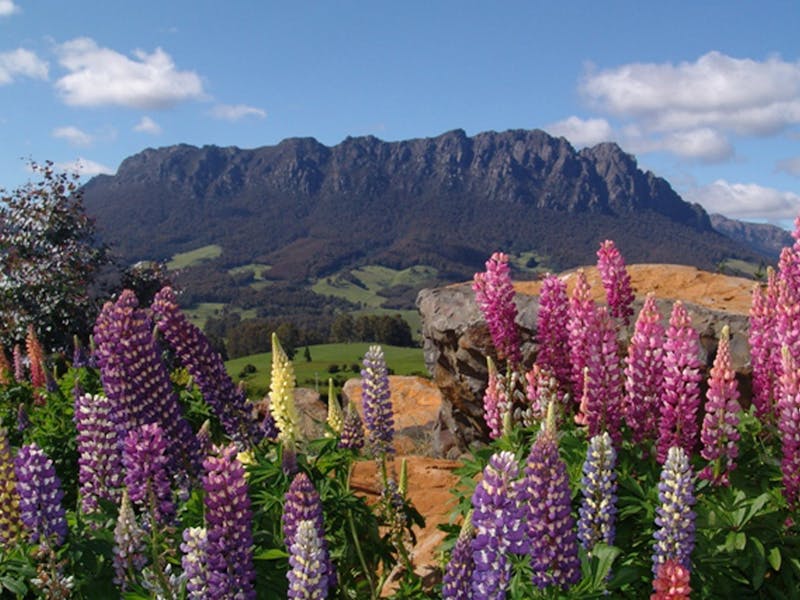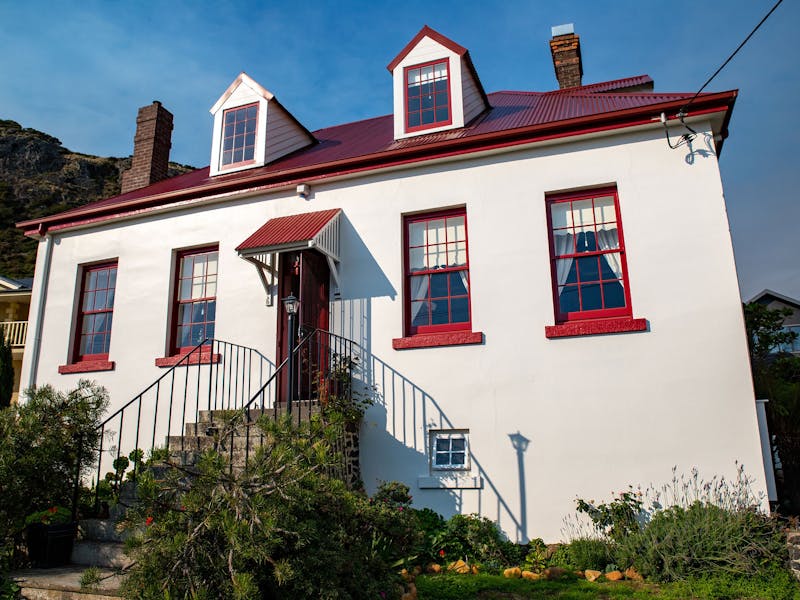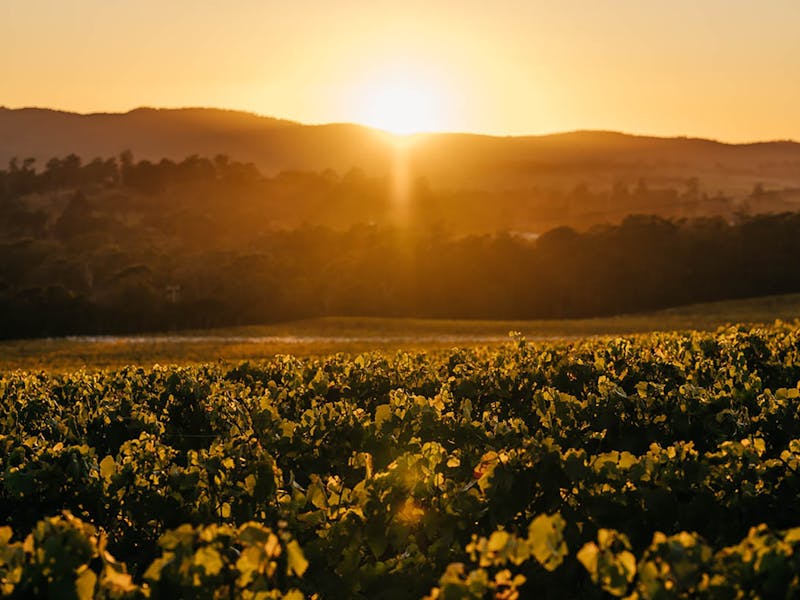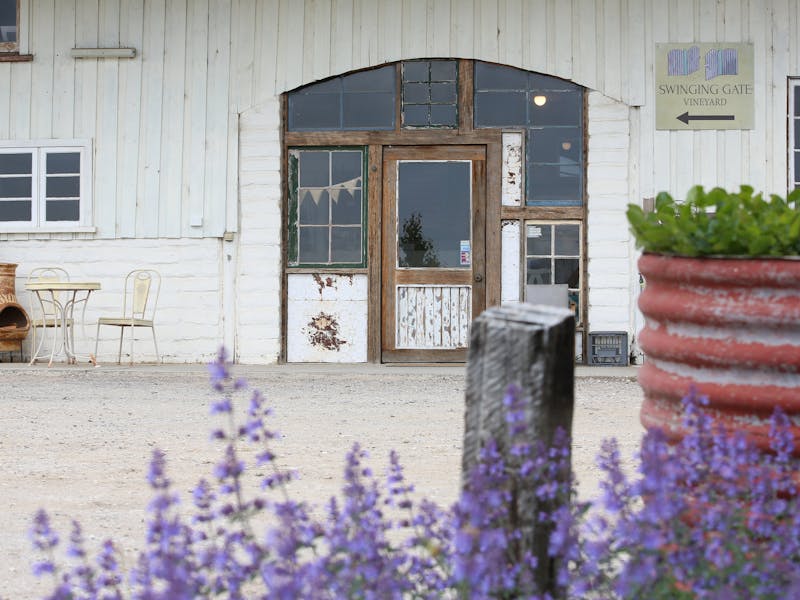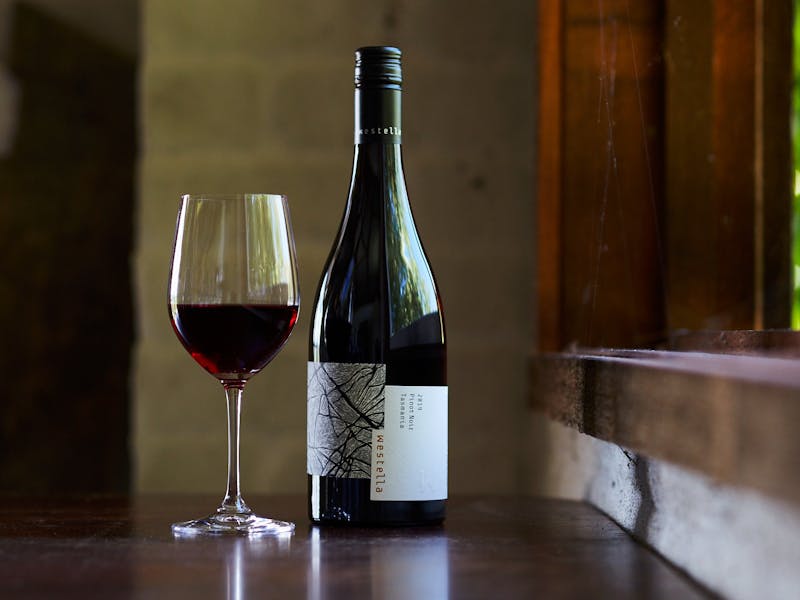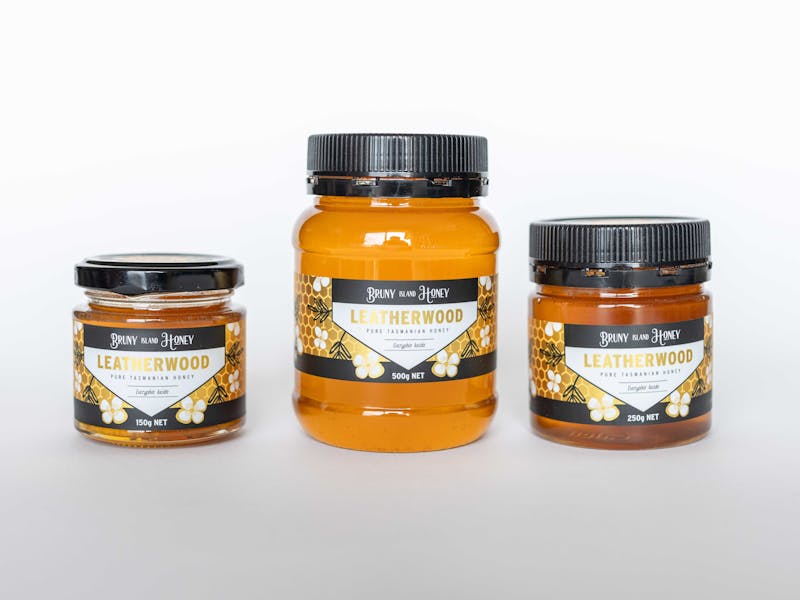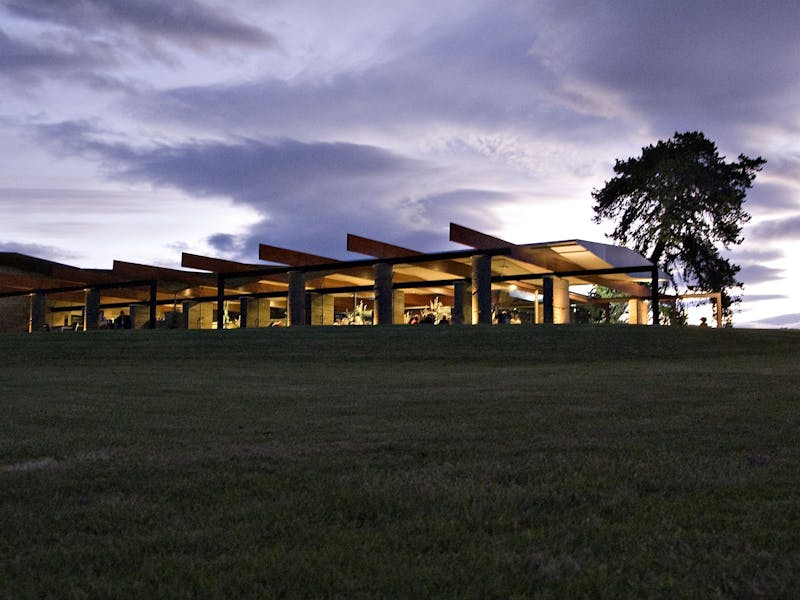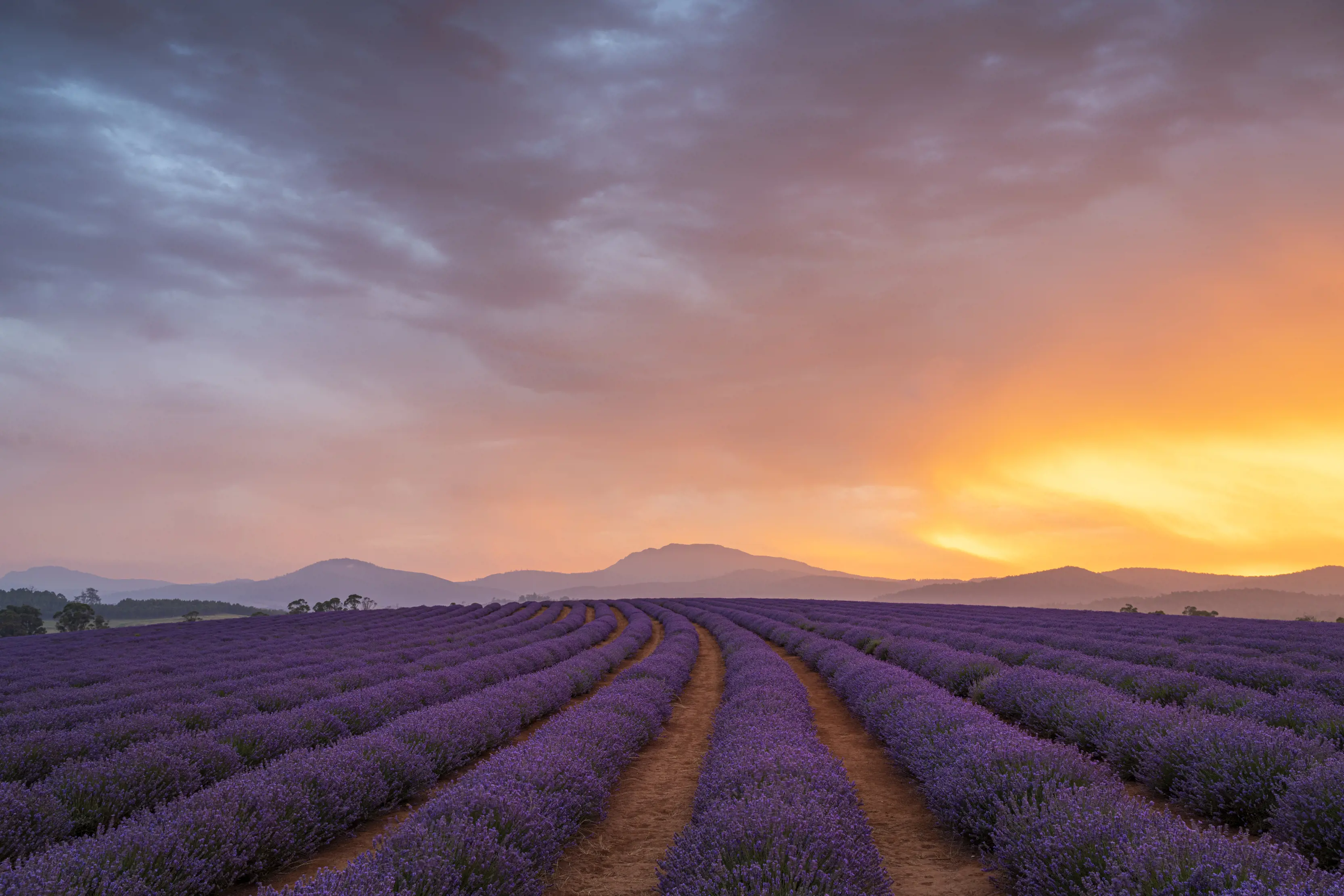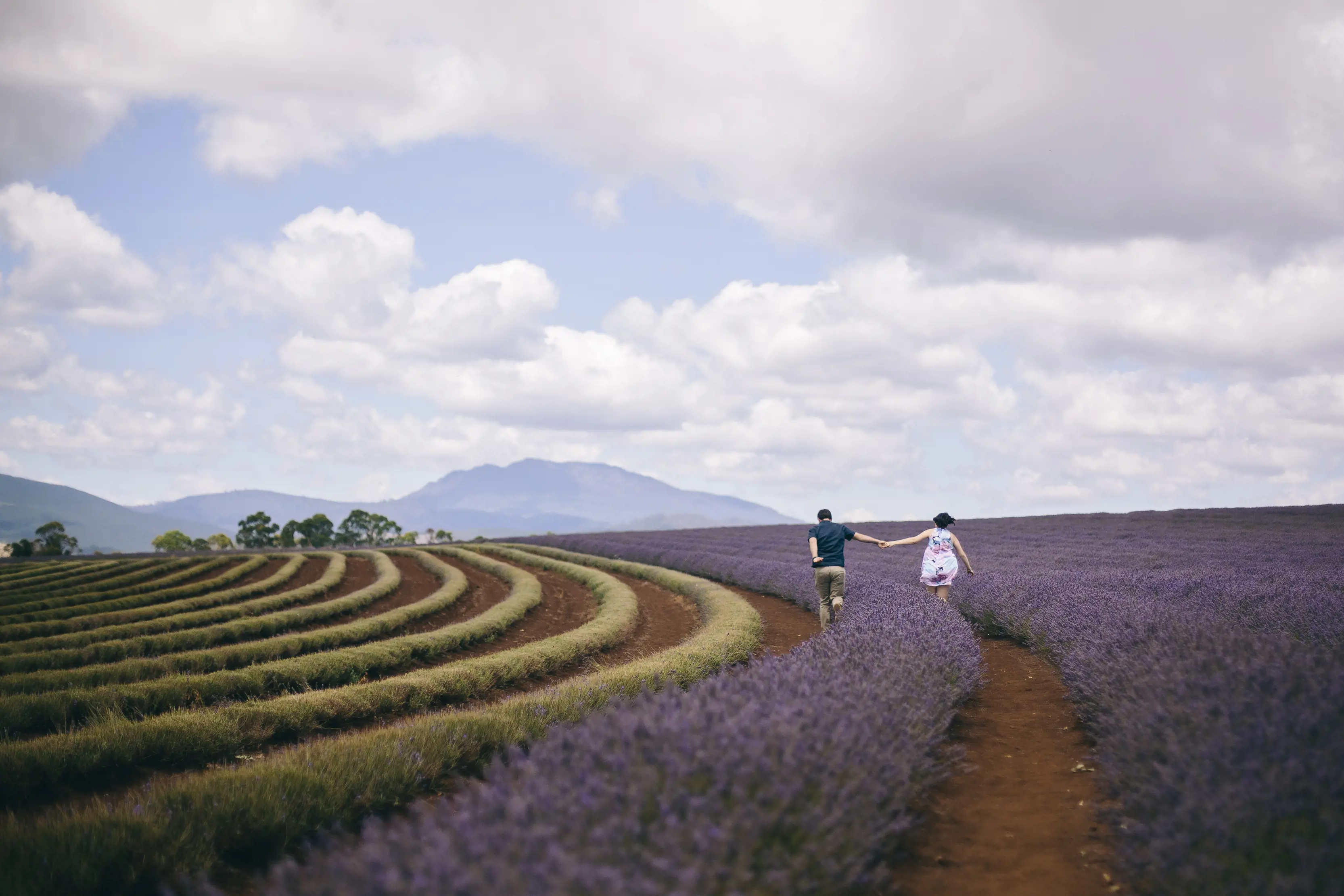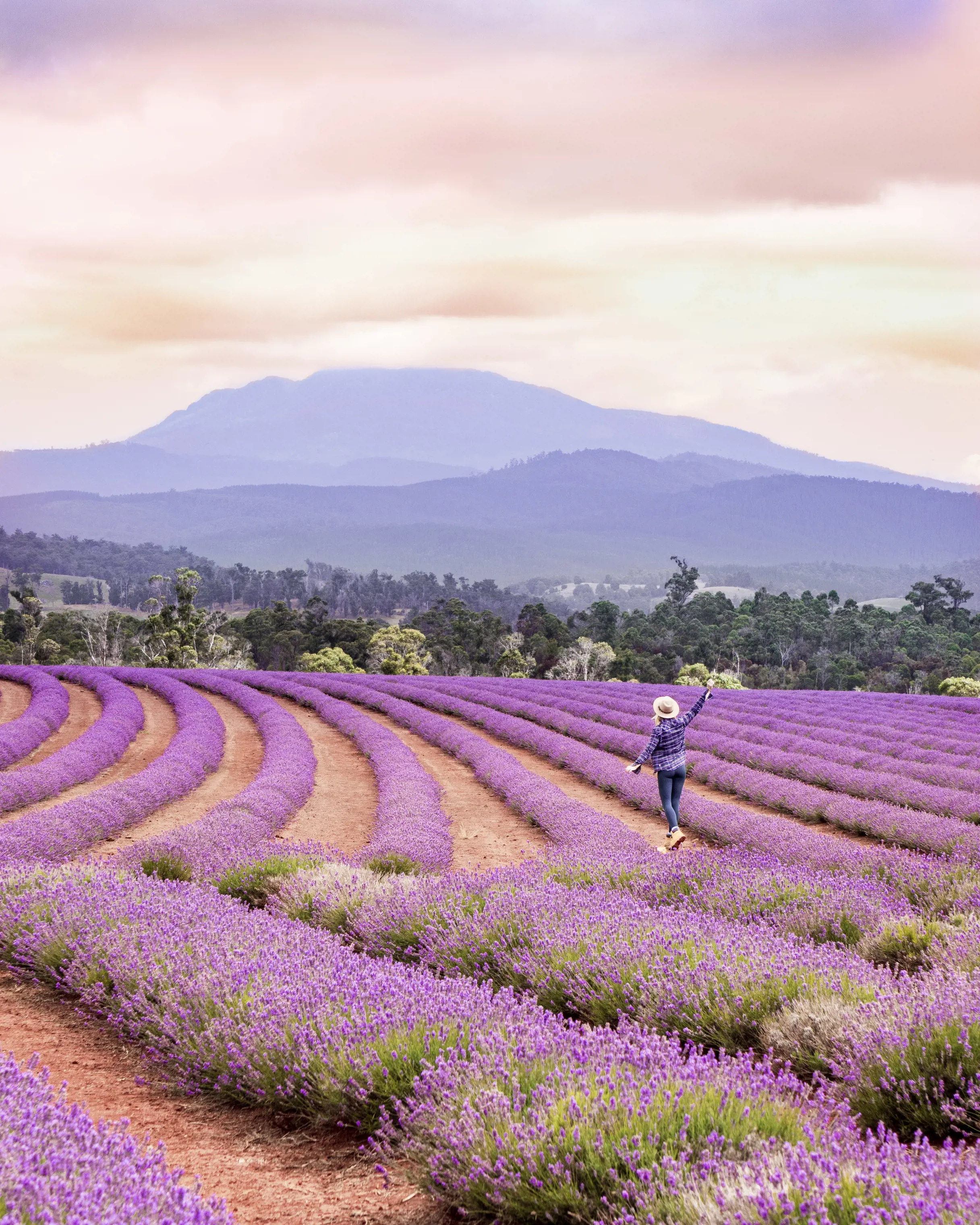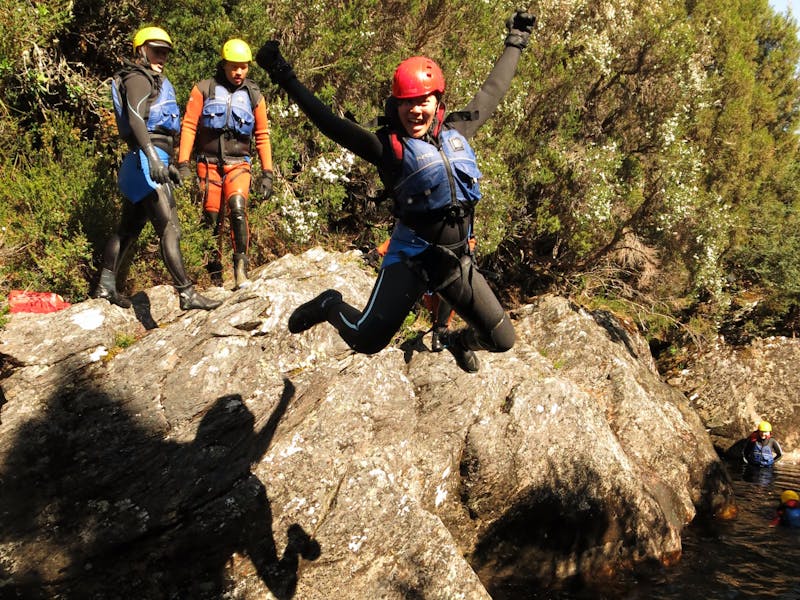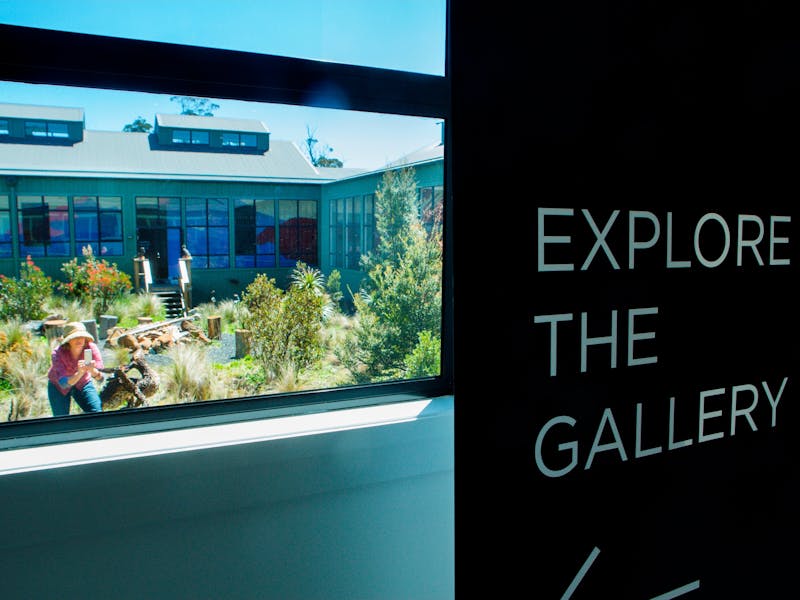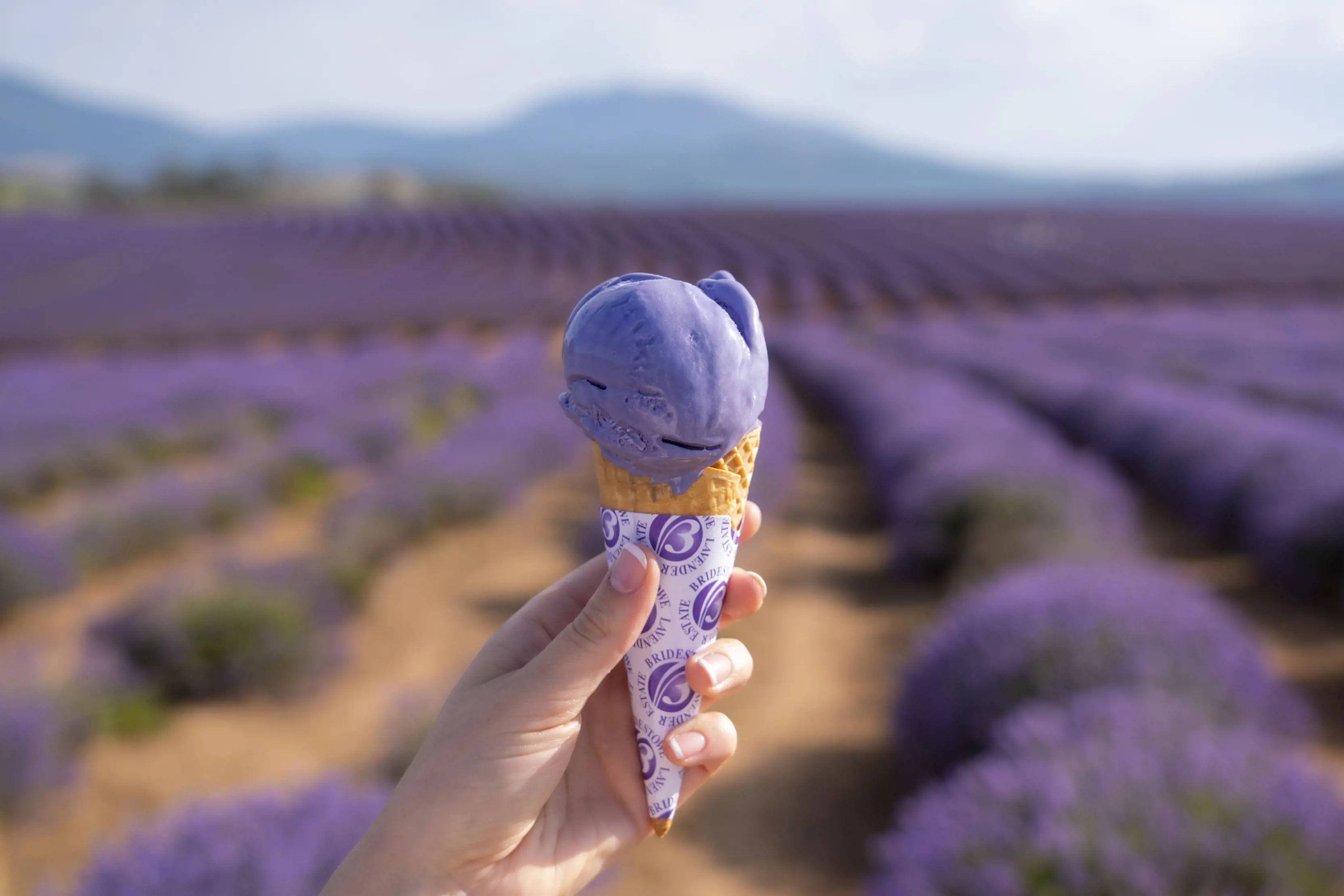
Provence and northern Tasmania have a lot in common: good wine, a particular quality of sunlight, and fields of high-quality lavender.
In 1921 a Londoner named CK Denny migrated to Australia with a pocket full of seeds and a dream of producing the world’s finest lavender.
Having worked in the toiletries business, he believed he could replicate – if not better – the quality of French lavender in the clean environment of Tasmania. He noted that Provencal lavender grew near the 40th parallel north, and so he focused his attention on the 40th parallel south, which happened to be northern Tasmania.
“It was all about the value of the sunlight,” says Robert Ravens, the owner of Bridestowe Lavender Estate, the farm that Denny established more than a century ago.
Denny and his family nurtured their crop and by 1924 were able to distil some oil and send it to London for testing. It fulfilled his dream - the quality equalled the French and was camphor-free, making it true fragrance-grade fine lavender. With scientific help, he then set about identifying the highest quality individual plants to suit the soil and environment.
Building Bridestowe Lavender Estate
The resulting estate has become the world’s largest privately owned lavender farm, spread over 105ha at Nabowla, 55km north-east of Launceston. It’s also one of Tasmania’s most popular attractions. About 80,000 visitors a year flocked to the farm before the pandemic. But as much as it’s a tourism venture, the estate is renowned as one of the world's best producers of fine lavender oil, and tours reveal the oil extraction process.
Year-round, lavender lovers wander the fields and snap selfies, taste lavender ice-cream, buy the farm’s lavender-infused products and hang out with its purple mascot, Bobbie the Bear. They leave enchanted, not just by the serried rows of magical purple shrubs in flower, but also by the stories of the farm’s history.
“It has a spirit,” Ravens says of the property. “It’s romantic in the way it affects people’s souls. It bonds people to it.”
The fields are in flower in December and January, but Ravens says the farm is lovely year-round. “Most visitors come in summer, but it’s glorious in the cooler months,” he says. “Autumn and spring are just beautiful.”

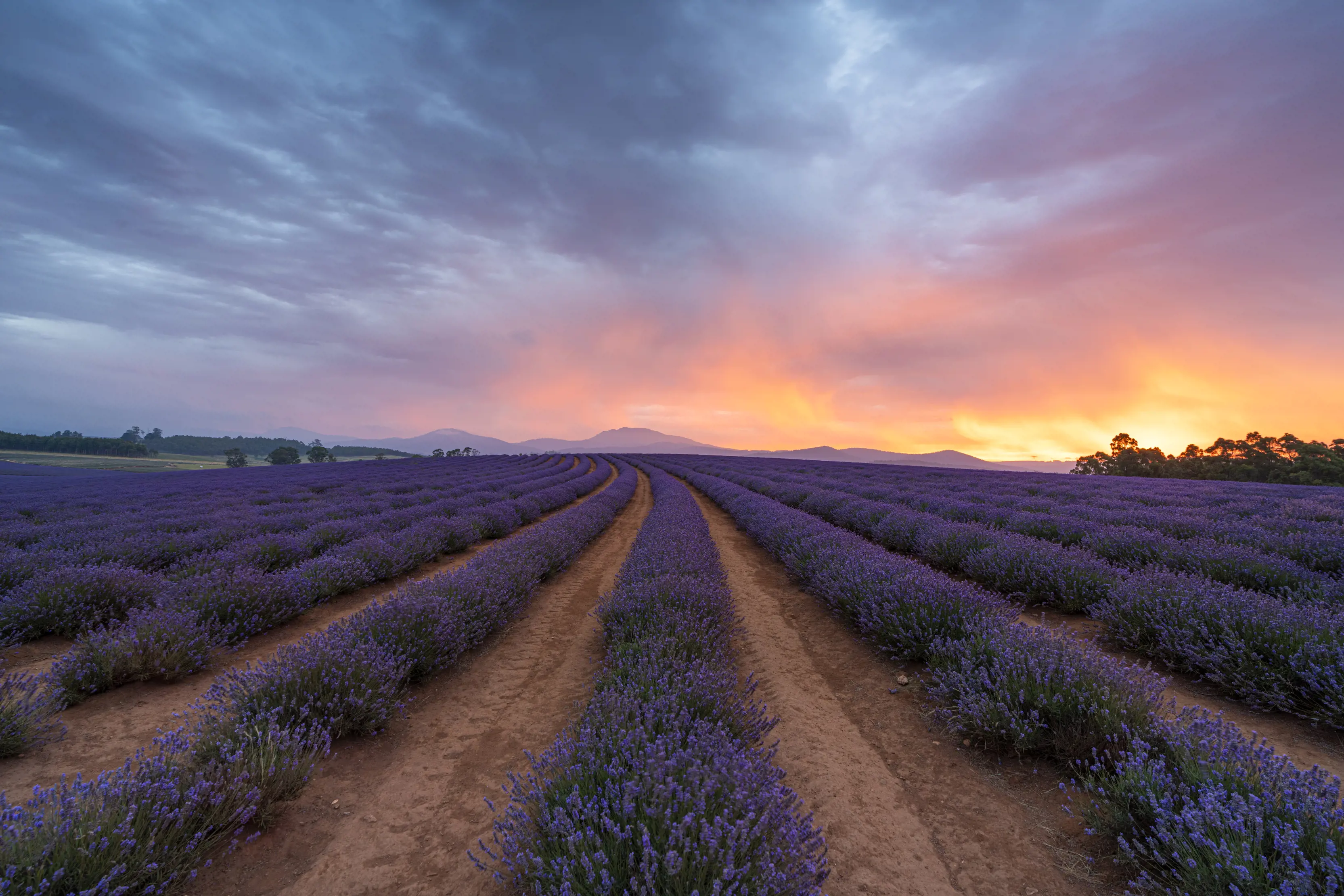
Here are other lavender-scented experiences in Tasmania.
Port Arthur Lavender Farm
Take in the views and fragrance at Port Arthur Lavender Farm, a 7ha property with fields of lavender, patches of rainforest and lakes overlooking the ocean at Long Bay near Port Arthur. There’s an essential-oil distillery, a visitor centre selling lavender products and a cafe with a menu featuring lavender.
Lavender House
Not far from Bridestowe Estate in Rowella, Lavender House Perfumery produces natural skincare products, perfumes, aromatherapy and more. Travellers are welcome to view the distillery and sample products in the gift shop.
Campo de Flori
Lavender is just part of the experience at Campo de Flori in the Huon Valley. The sustainable farm also produces olives and saffron. Farm tours and workshops, including how to make a lavender wreath, sit alongside a ceramics studio where co-owner Lisa Britzman makes ceramic art and hosts classes. Visits are by appointment.
Tasmanian Lavender Gifts
A popular stall at Hobart’s Salamanca Market since 1980, Tasmanian Lavender Gifts sells a range of local lavender goods sourced from various producers. Find it in the centre aisle, near Woobys Lane.
Tasmazia and the Village of Lower Crackpot
Eight mazes, lovely gardens and a model village await at Tasmazia and the Village of Lower Crackpot, in Promised Land (that’s actually a real place). The perennially popular property also features a peaceful lavender farm with a beautiful backdrop of Mount Roland views.
